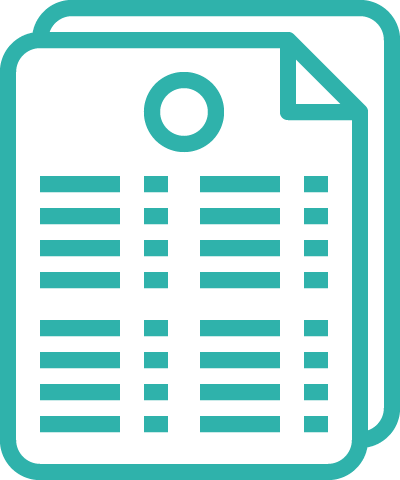Property, especially your own home, is love at first sight – but there’s no love lost on that nasty mortgage. Here’s how you can swindle your way out of thousands of dollars on your mortgage with a few trusty tricks.
How Sarah cheated her lender out of more than $200K
Let’s follow the illustrative life of Sarah to see how she accelerated her mortgage repayment and ended up with substantial residual income.
First, Sarah bought a home for $575,000 with a $50,000 deposit. She must pay Lenders Mortgage Insurance because she’s borrowing more than 80% of the value of the home. Here are the figures using a 4.25% interest rate:
| Loan value: | $544,425 ($525,000 loan + $19,425 LMI) |
| Monthly repayments: | $2,679 |
| Loan term: | 30 years |
| Interest paid over loan term: | $420,043 |
| Total loan amount: | $964,468 |
Here we can see Sarah is paying almost $1million for her $575,000 home over 30 years!
The standard home owner dutifully pays down the debt as prescribed by the lender. Shrewd homebuyers and investors use other methods to slay the mortgage faster and substantially lower the interest bill.
How to structure your loan for lower interest
Sarah is a savvy lady, so she structures her loan in a way that uses an offset account to reduce her interest and the length of her loan. An offset account is a savings account against your mortgage, effectively acting as a payment on the principal of the loan that doesn’t attract any interest.
In Sarah’s case, she had an extra $20,000 cash in her offset account when she purchased her home, so her loan is charged interest on $524,000 instead of $544,000.
Sarah uses an interest-free credit card for all her daily expenses, and pays it off diligently each month. This keeps the maximum amount of money offsetting her loan.
If Sarah only ever kept $20K in her offset account and never added a dollar more, she’d shave 18 months off the term of her loan. So, can you imagine the power of having her income deposited into her offset account each week?
The numbers aren’t simple to calculate, but as a ballpark, we could say Sarah has just $2000 income going into her offset account each month. She could potentially save $274,600 in interest and reduce her loan term to 12 years!
And, she could save even more by using the monthly interest savings as extra repayments on her mortgage.
Leveraging investment property to pay off your loan faster
A home – even when it’s the place you love to live in – is still an asset you can use to create more wealth that pays down ‘bad debt’ like your mortgage faster.
After several years, Sarah decides to purchase an investment property. She’s ahead on her mortgage repayments thanks to her offset account, and the market value of her home has increased to $678,000. Lenders will allow her to borrow up to 80% of her home’s current value, giving her $124,400 in equity to use for her investment property.
Here’s the calculation:
Home value x 0.8 = $542,400
Outstanding loan = $418,000
Usable equity ($542,000 – $418,000) = $124,400
Now, Sarah refinances her home with another lender, nabbing a lower interest rate at the same time. She purchases a unit using her available equity, and leverages the tax benefits and any rental income to pay down her personal mortgage.
Each year, Sarah does a health check of her loans to make sure she’s still on track and using the best strategy, and to see if there’s lower interest rates available. She often finds her current bank will give her a competitive interest rate rather than lose her to another lender – she only has to ask.
When the relationship is over
Sarah isn’t sad to see the relationship with her home mortgage come to an end. She’s paid down her loan in half the time using four strong pillars of mortgage fast-tracking:
- Offset accounts
- Extra repayments
- Refinancing or requesting the best interest rates
- Leveraging investment property rental income and tax benefits
Now, she owns her home outright, but still has a mortgage on her investment property. Her focus now is to pay down the remaining loan so she can have residual income from the rent each week. She’s also planning to purchase another investment property, to fortify her retirement income alongside her superannuation.
Are you cheating on your mortgage, too?
Designing a strategy to pay down your biggest bad debt is smart, but not always straightforward, since your situation is going to be unique to you.
The first step is deciding you’re morally just fine with cheating on your lender. Then, let us help you plan a wealth creation strategy that involves fast-tracking your mortgage just like Sarah did. You won’t feel any guilt at all, we promise.













